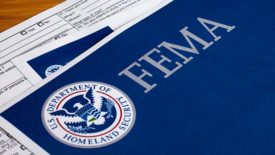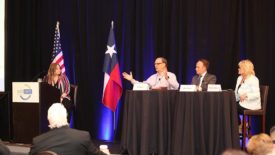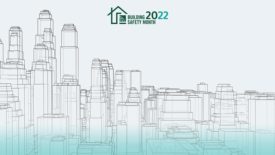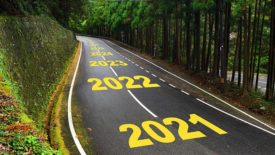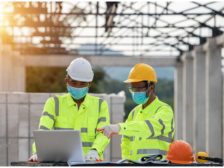Home » Keywords: » building codes
Items Tagged with 'building codes'
ARTICLES
EDITOR’S NOTE
Nicole Krawcke: Plumbing industry addresses key water issues during seventh EWTS
Engineers, manufacturers, utilities and code officials gathered in San Antonio, Texas, May 10-11.
June 13, 2022
Nicole Krawcke: The importance of building codes
May is Building Safety Month.
May 13, 2022
CODES
Julius Ballanco: Struggling to regulate Legionella
Code bodies do not deal in risk management.
April 4, 2022
CODES
Julius Ballanco: The most powerful code section
The alternative approval section has remained a mainstay in all model building codes since the 1930s… until this year.
February 1, 2022
Julius Ballanco: Heat pumps in your future
New SNAP rules issued by the EPA are resulting in numerous changes taking place to the mechanical codes, ASHRAE 15 and product standards.
January 3, 2022
Collaboration is increasingly important in today’s world
Ensure your team is not suffering from ‘excessive collaboration,’ which can lead to employee burnout.
August 6, 2021
Why using the most up-to-date building codes is imperative
Modern building codes support the health, safety and welfare of the communities that adopt them.
July 19, 2021
Nicole Krawcke: Modern building codes more important than ever in wake of Florida tragedy
Communities need to take a look at building inspection processes.
July 9, 2021
Nicole Krawcke: Modern building codes save lives
New FEMA study backs importance of hazard-resistant building codes.
December 9, 2020
Get our new eMagazine delivered to your inbox every month.
Stay in the know on the latest plumbing, piping, hydronic and fire protection trends.
SUBSCRIBE TODAYCopyright ©2024. All Rights Reserved BNP Media.
Design, CMS, Hosting & Web Development :: ePublishing
